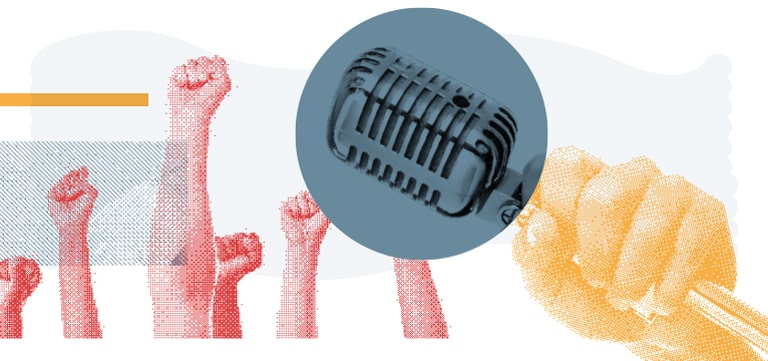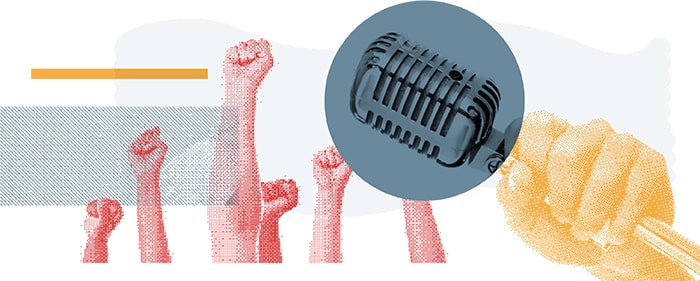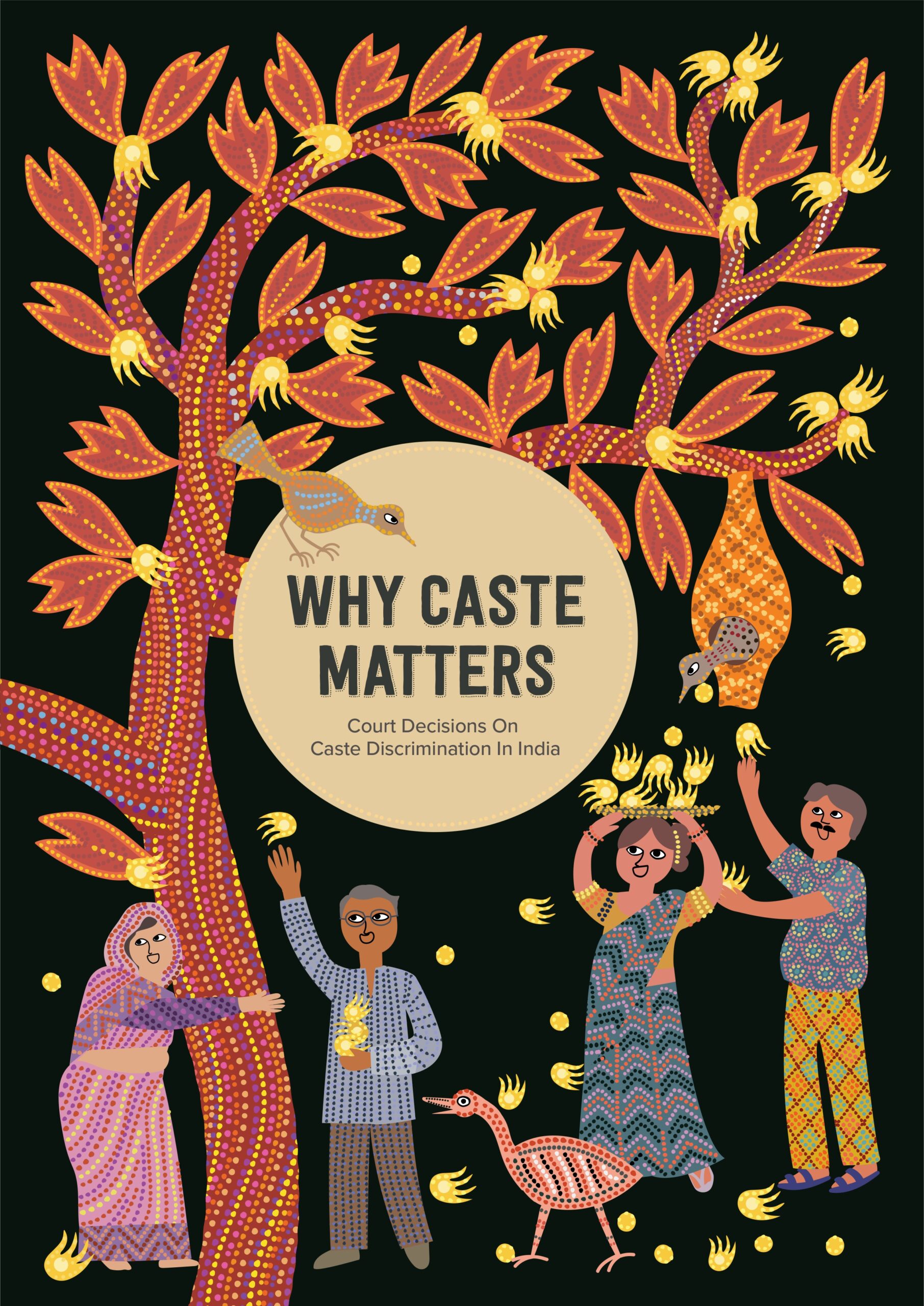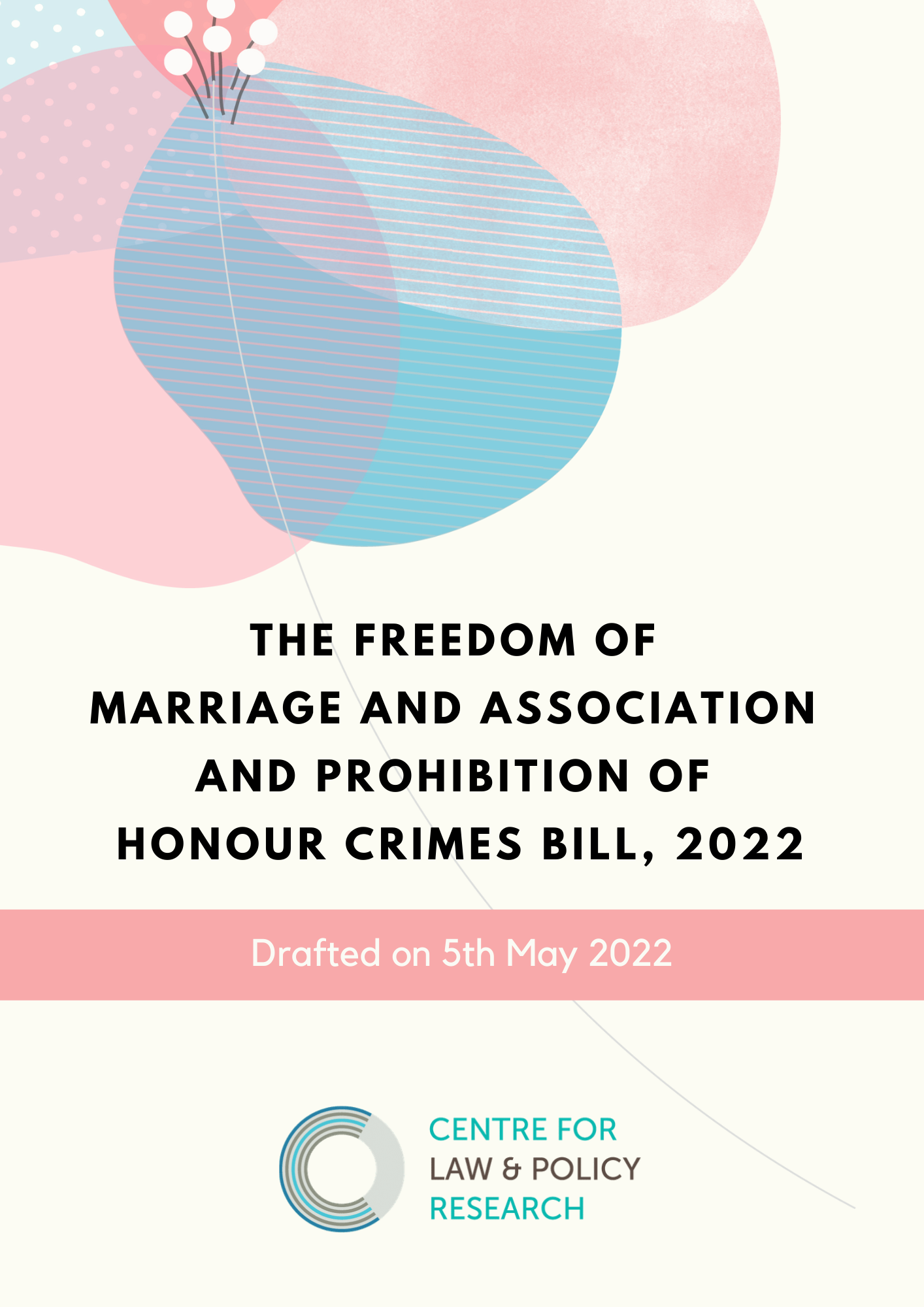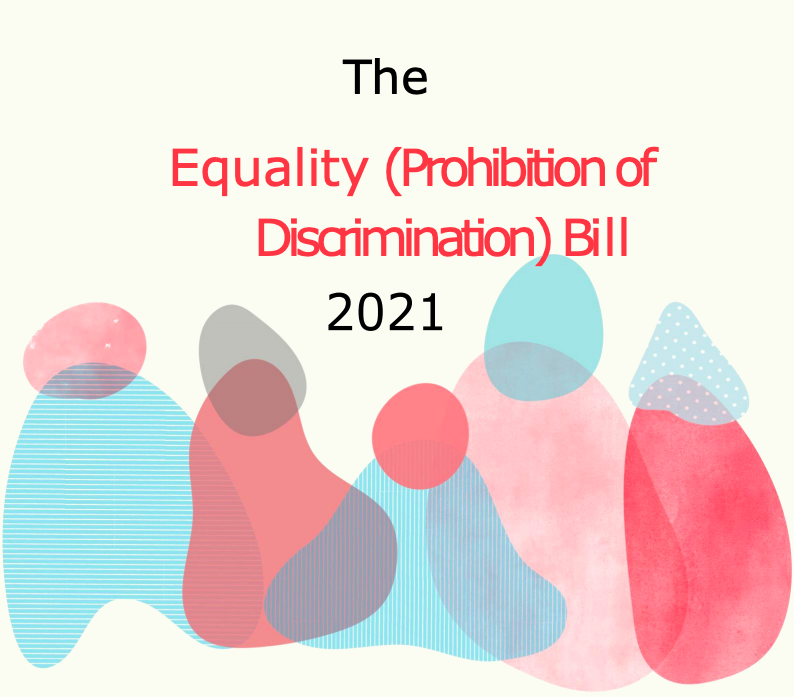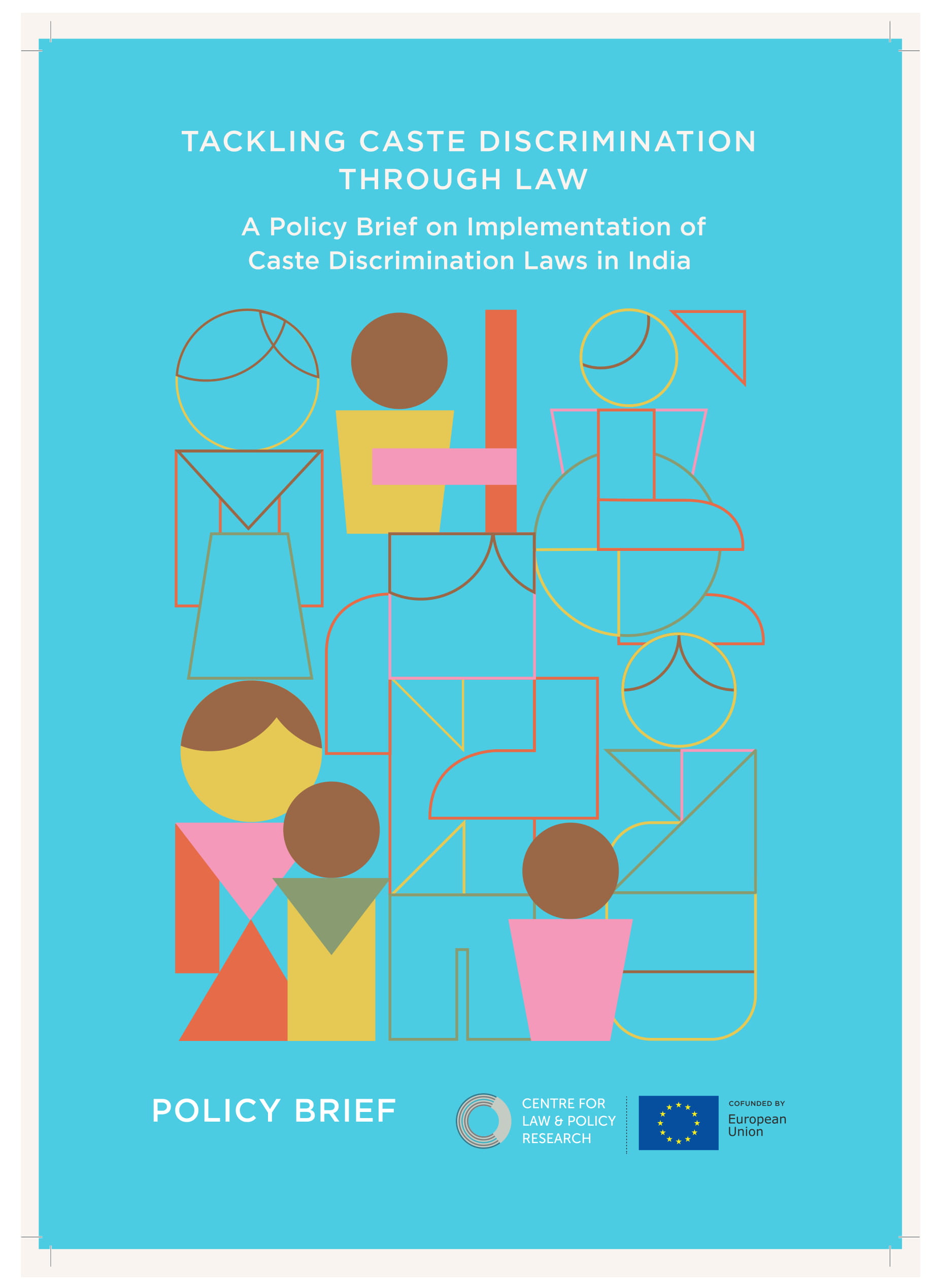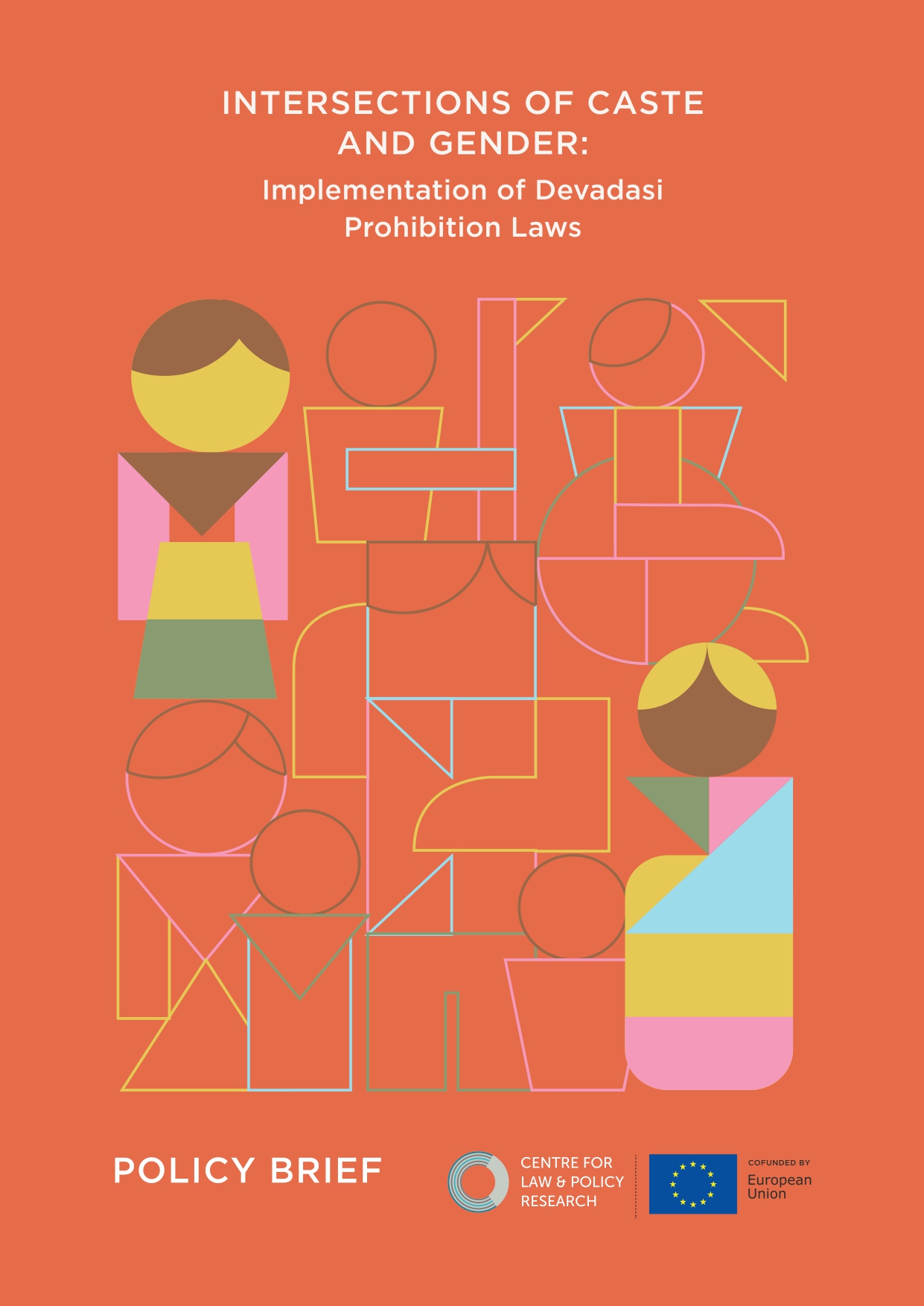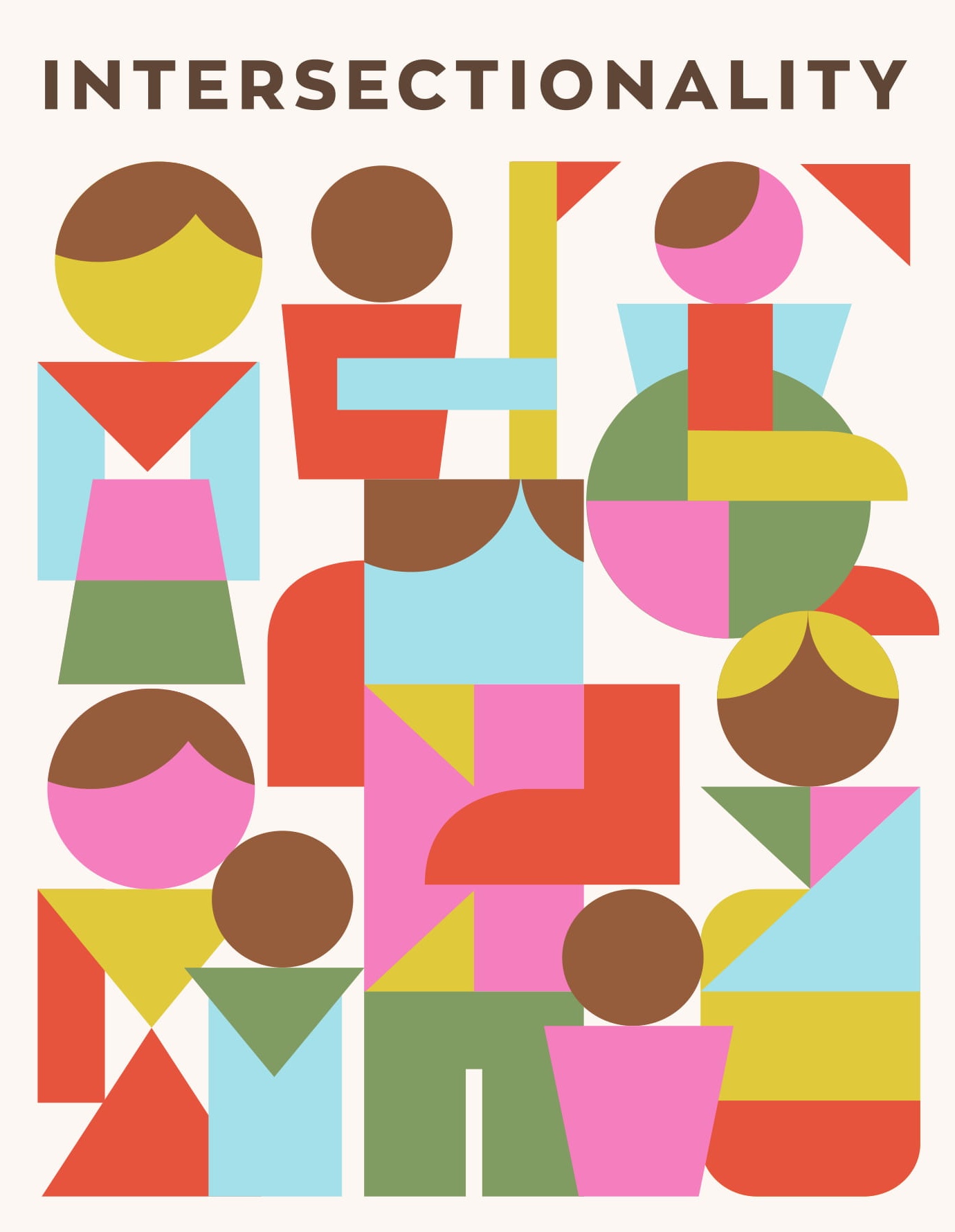The Protection of Women from Domestic Violence Act, 2005 (PWDVA) safeguards women against acts of domestic violence. Whether trans women, who are assigned male at birth but identify their gender identity as female would be able to seek protection under the PWDVA, is of significance.
On June 28th, 2025, CLPR organised a Roundtable in Bangalore with senior women lawyers from the corporate bar to examine the emergence of a judiciary pathway for corporate women lawyers and address the challenges of securing gender inclusion within the judiciary. This is part of CLPR’s ongoing Equal Justice initiative to aiming to address the gender gap in the higher judiciary.
On December 10th, the Centre for Law and Policy Research convened a Roundtable Consultation in Mumbai with women lawyers from the Aurangabad, Bombay, and Nagpur benches of the Bombay High Court.
On March 22nd, 2025, the Centre for Law and Policy Research (CLPR) organised a Roundtable in Bangalore with senior women lawyers practising in the Supreme Court of India. The consultation was part of CLPR’s ongoing initiative to address the systematic barriers and propose reforms to enhance women’s representation in the higher judiciary.

